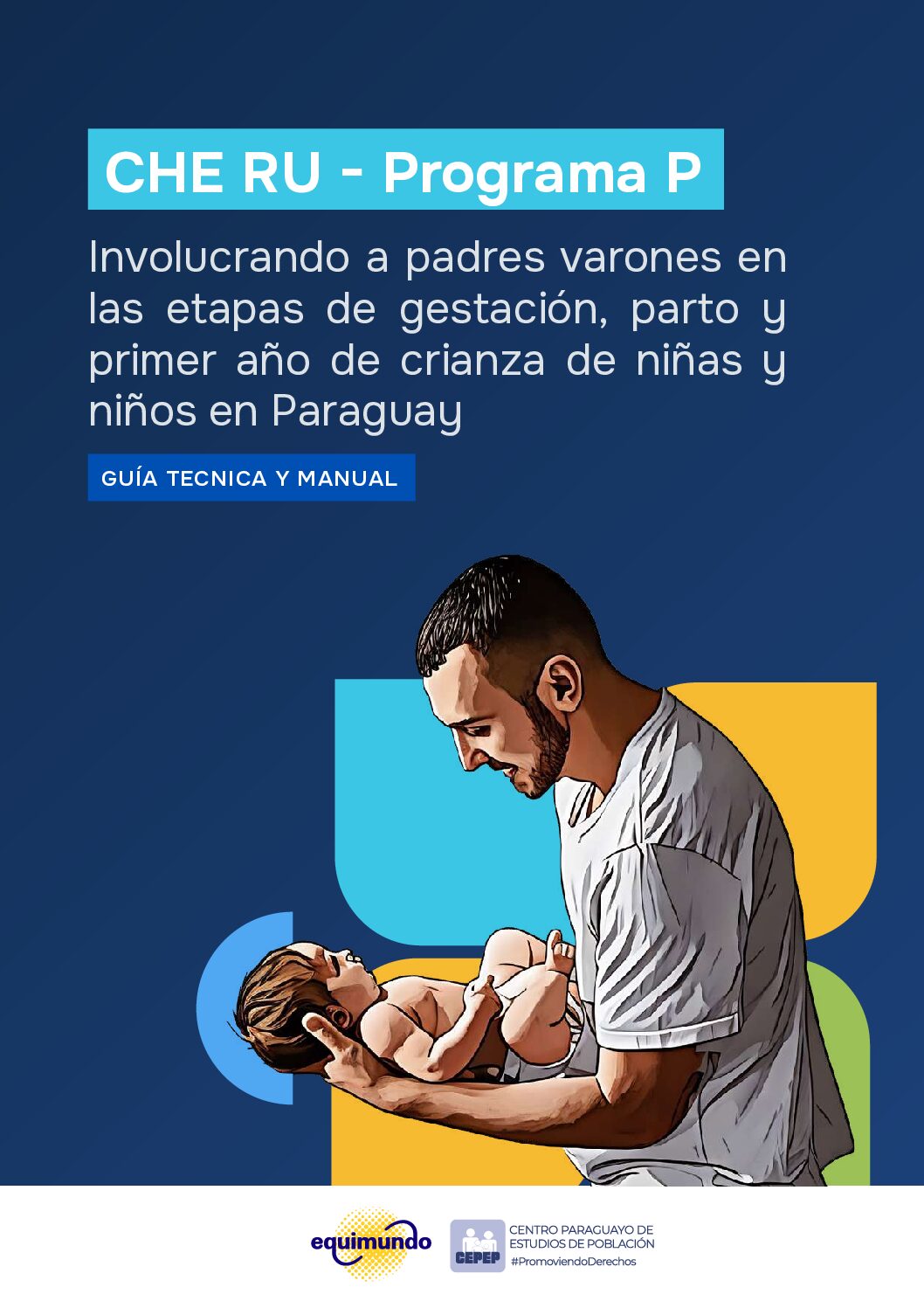
Che Ru (Programa P): Involucrando a padres en Paraguay
Che Ru, Programa P en Paraguay es una adaptación del Programa P. Está diseñado para implementarse en Paraguay.

Che Ru, Programa P en Paraguay es una adaptación del Programa P. Está diseñado para implementarse en Paraguay.
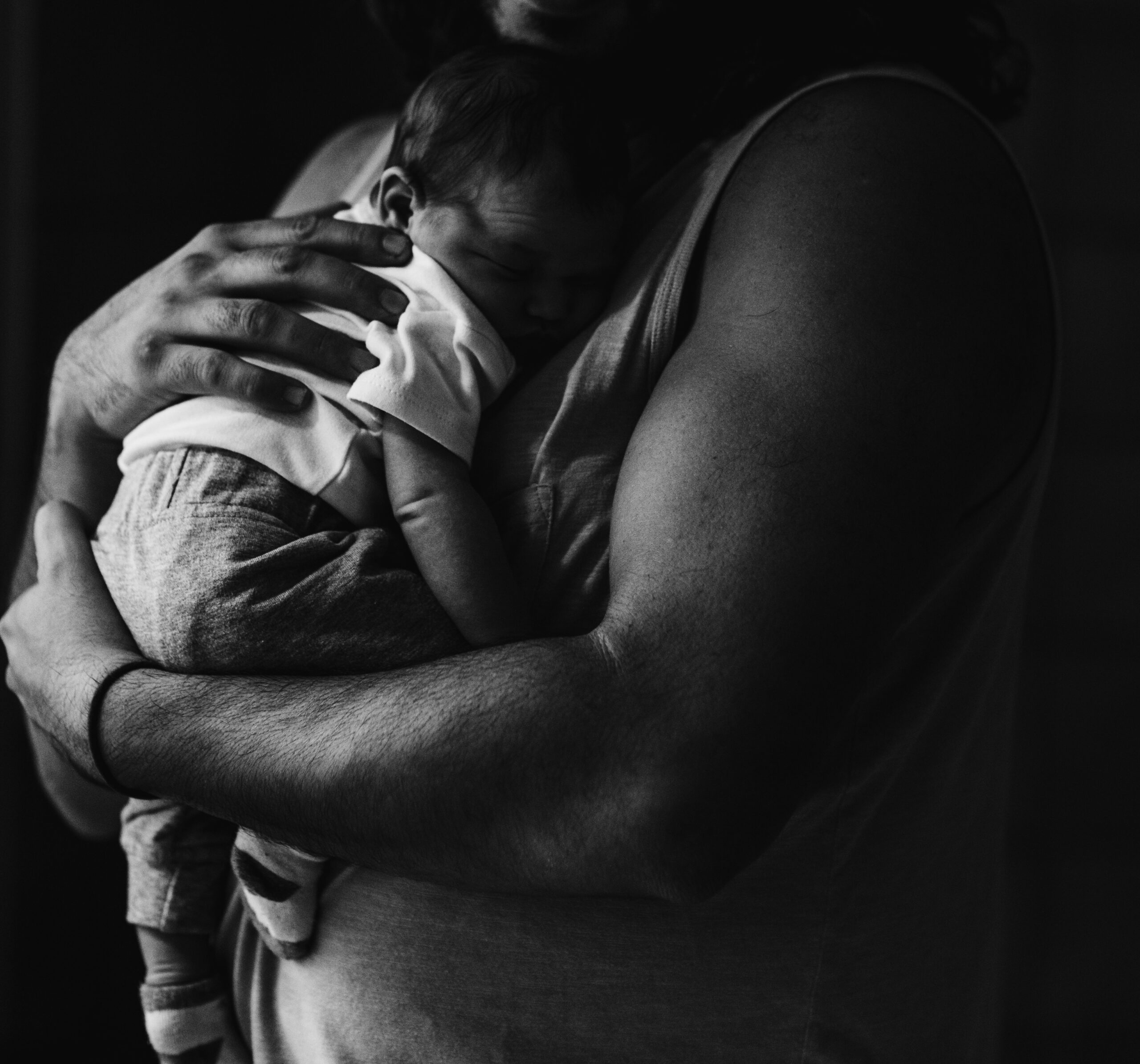
What do Program P participants – fathers and their partners – say about their experience with the program? Below, we’ve compiled a few quotes from participants in Program P adaptations in Lebanon and Bolivia.
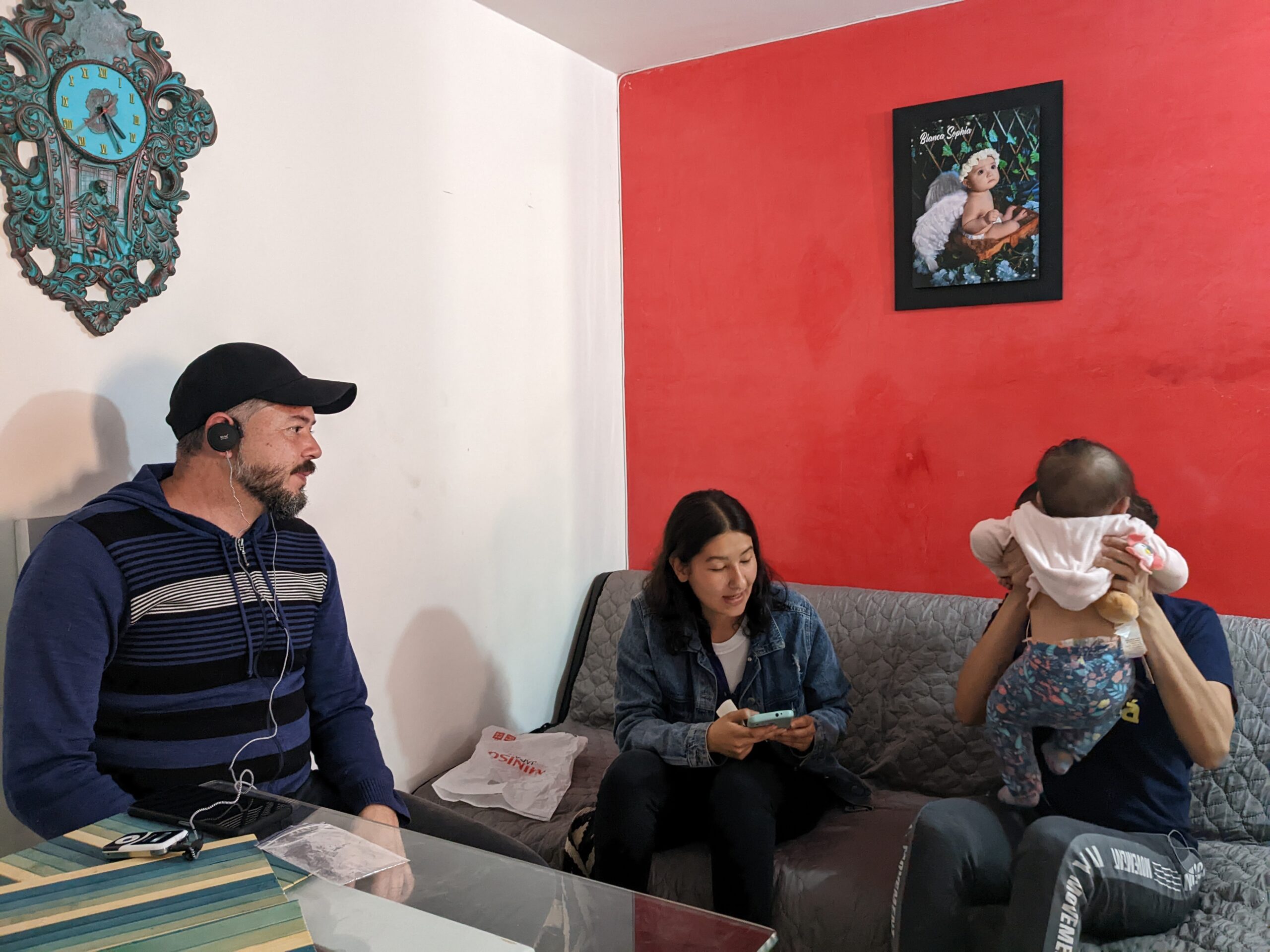
Digital strategies could be a promising modality to engage fathers as they have potential to create change – they are accessible, flexible, low cost, and easy to scale. We need to rethink our evaluation approaches to adequately measure how to measure engagement, success and impact in digital spaces.
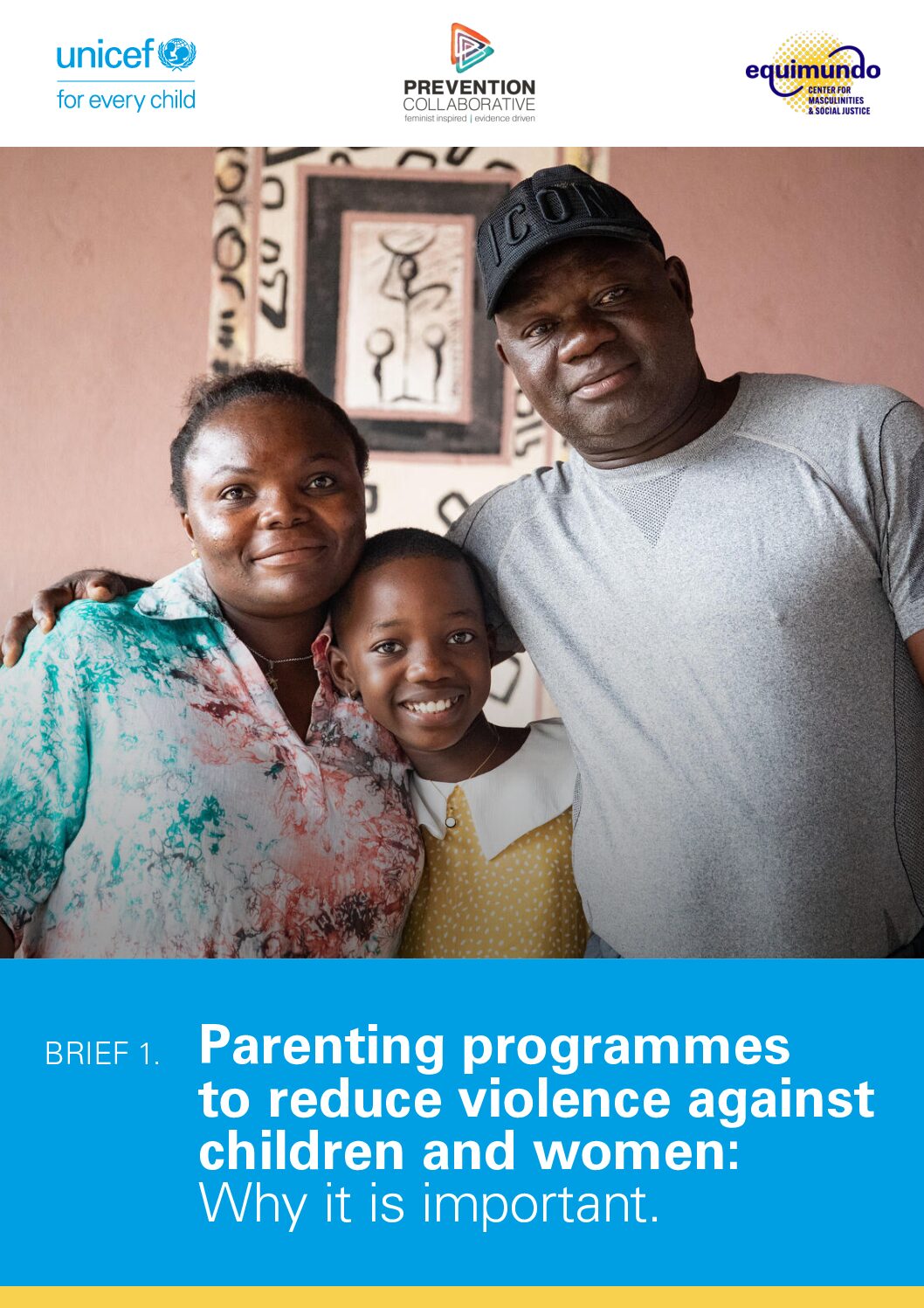
This series of parenting programs briefs was developed by UNICEF, The Prevention Collaborative, and Equimundo to support parenting practitioners to integrate the prevention of violence against children and women and gender equality promotion within parenting programs.
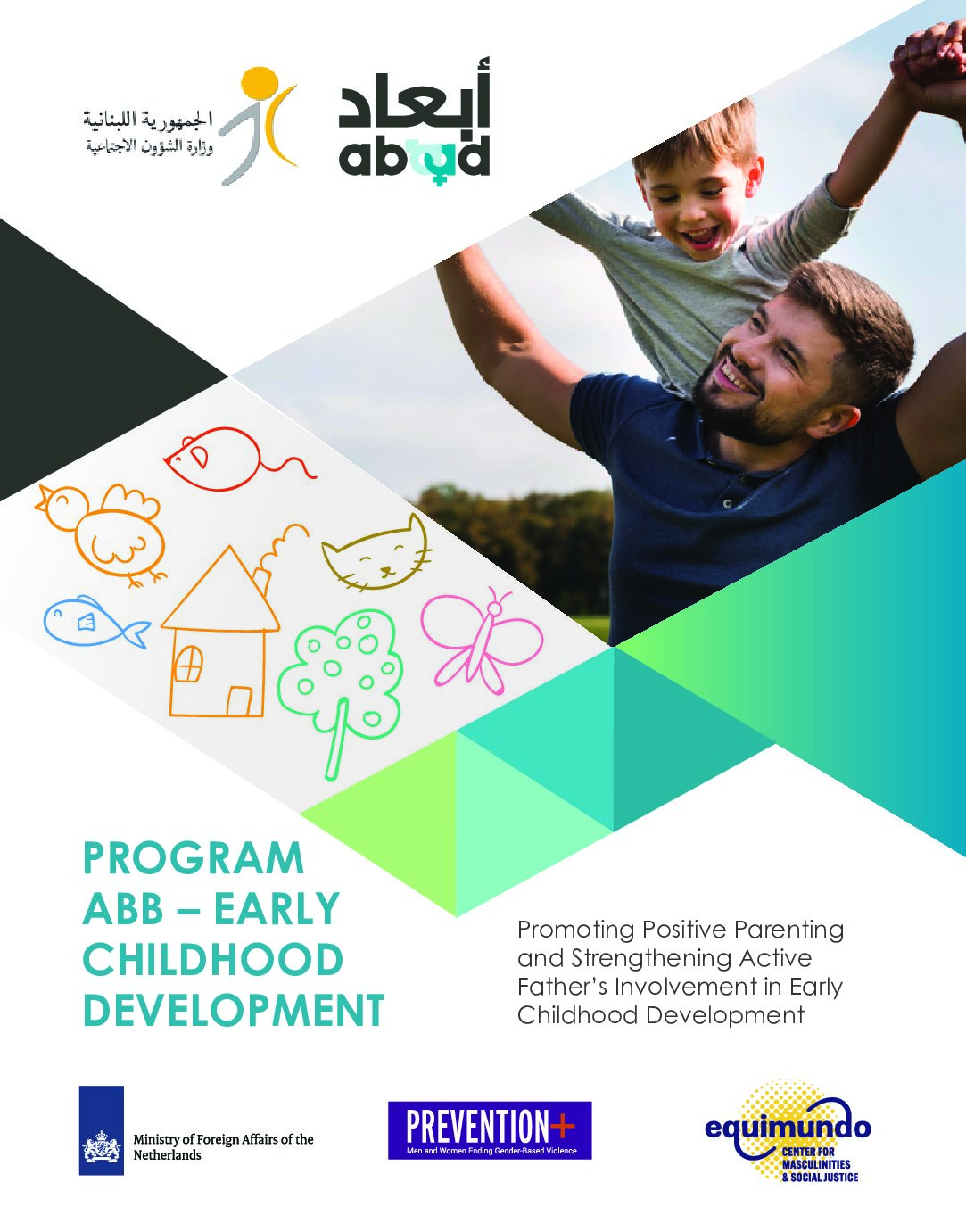
Program Abb (meaning father in Arabic) is a first-of-its-kind initiative aimed at encouraging fathers to play an active role in caring for their young children.
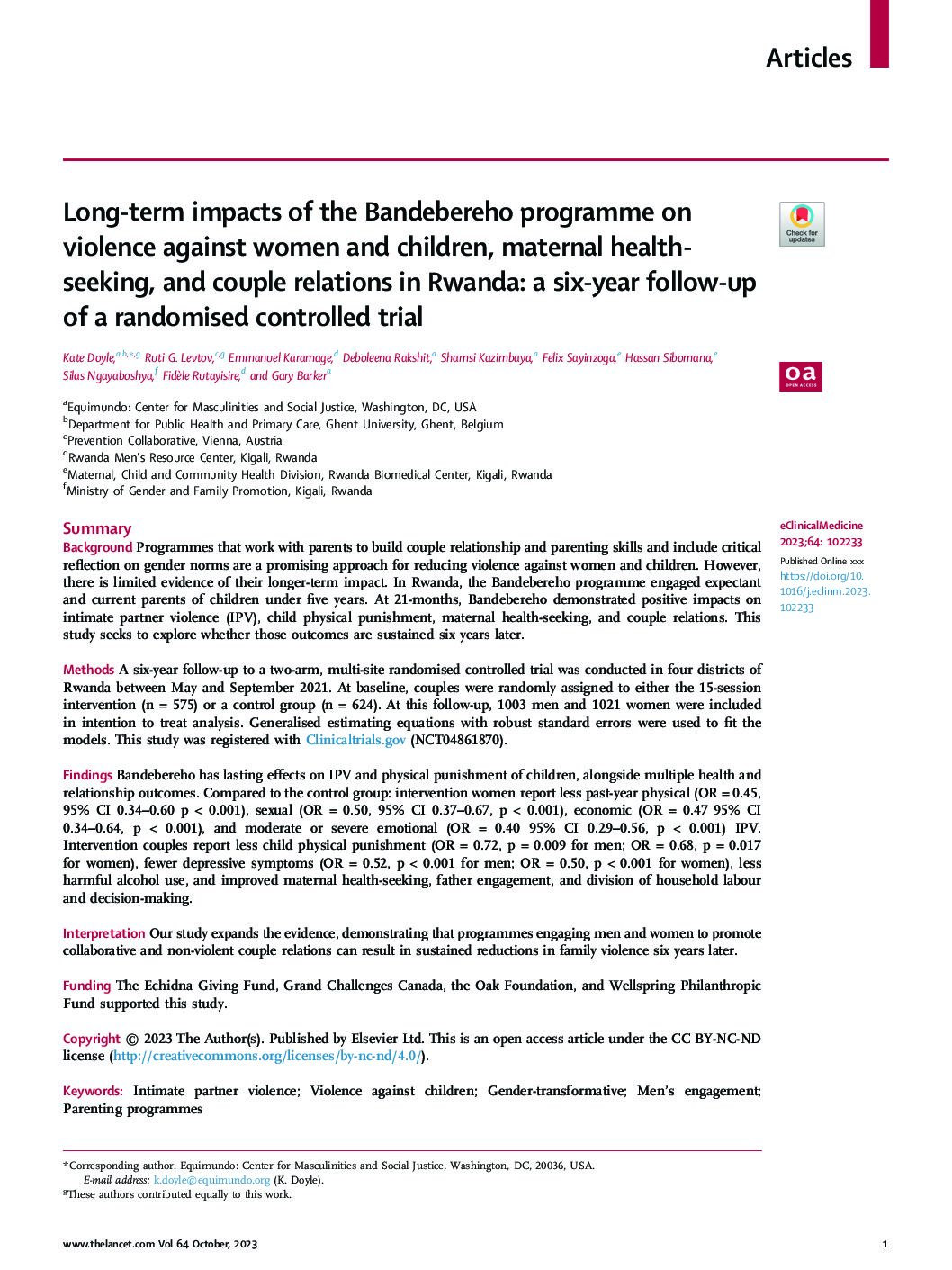
Programs that work with parents to build couple relationship and parenting skills and include critical reflection on gender norms are a promising approach for reducing violence against
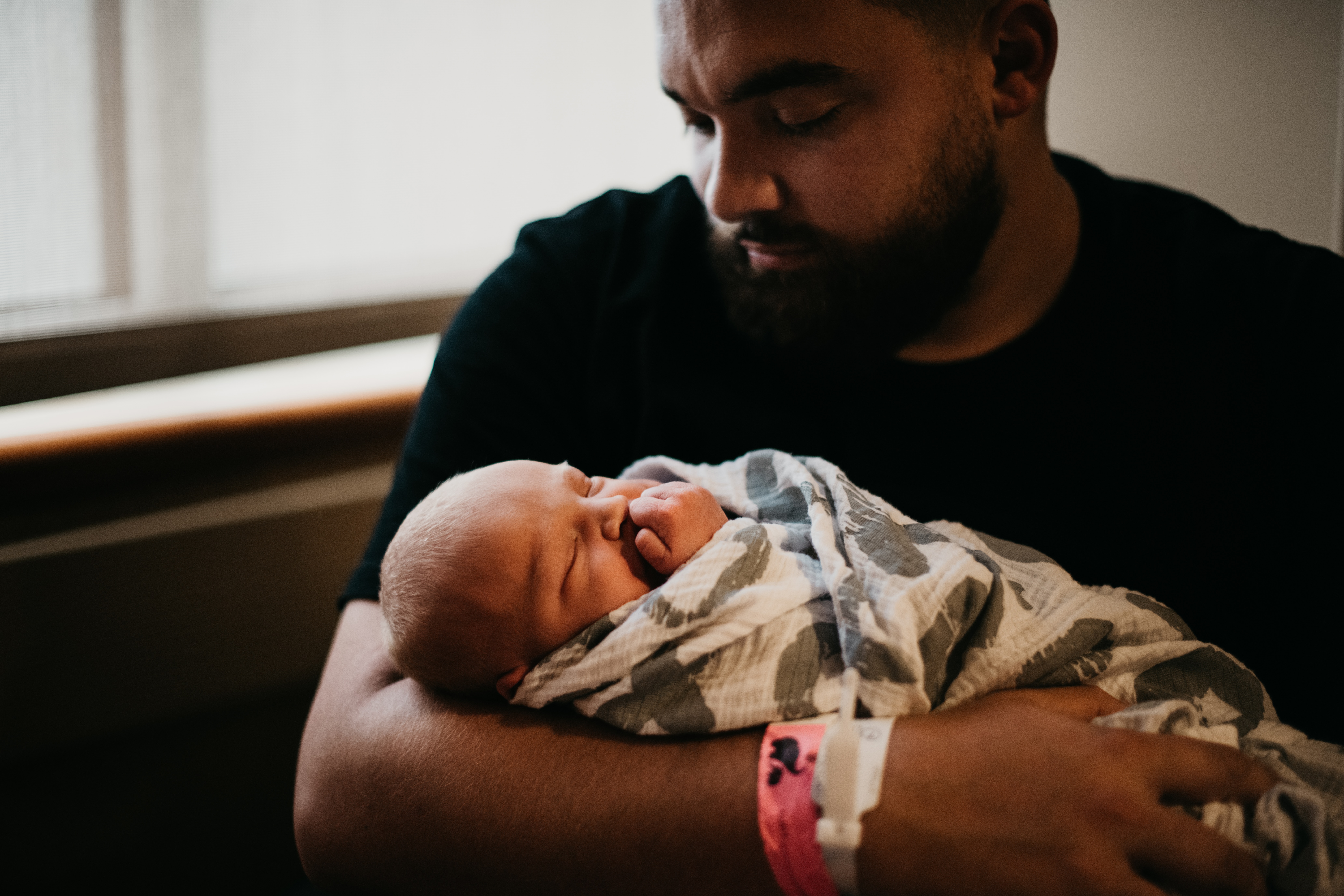
Parenting programs have been identified as a promising strategy to strengthen parenting skills; increase men’s participation in caregiving; improve the quality of family relationships, health, and well-being;
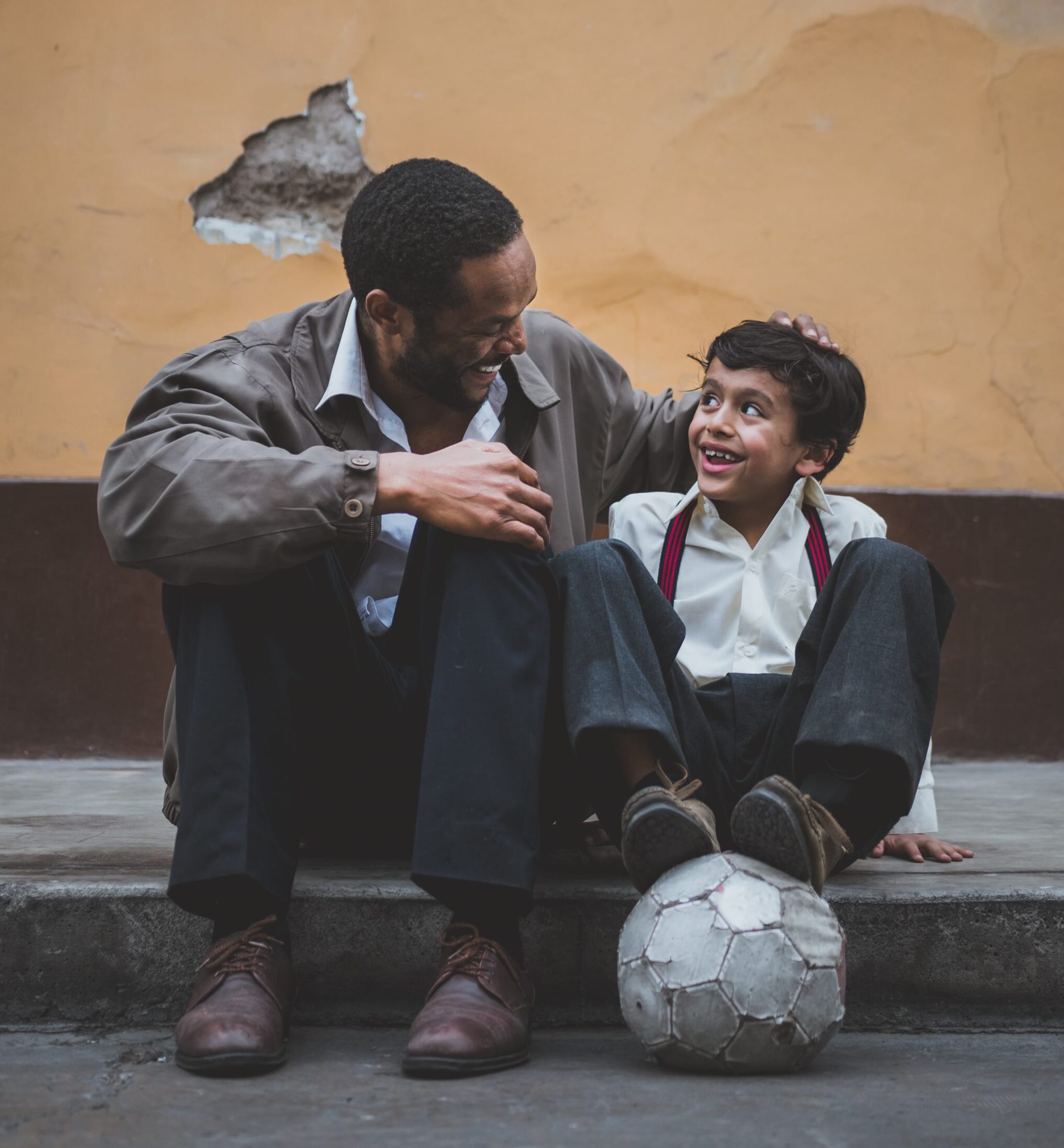
Program P provides concrete strategies and activities, based on evidence and a decade of adaptations in different settings, to engage men with their female partners in caring, equitable and non-violent fatherhood from their partner’s pregnancies through their children’s early years.
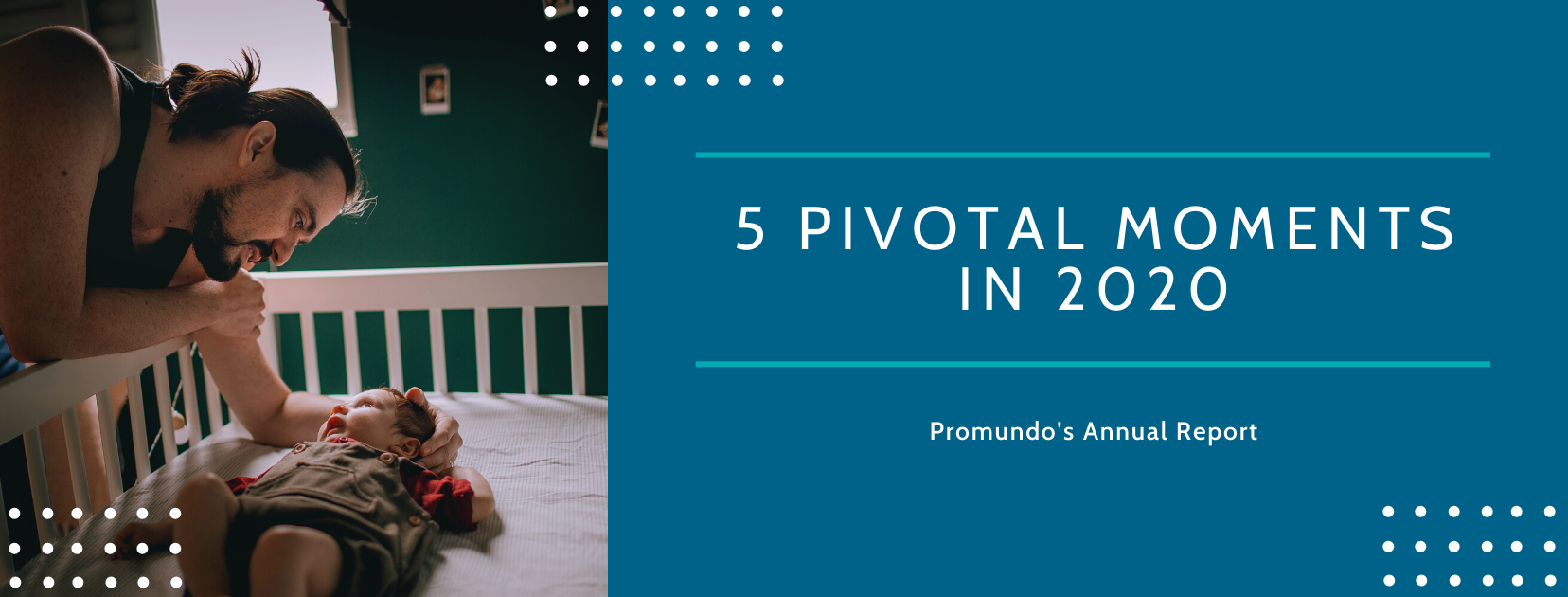
Reflecting on 2020: Letter from the President & CEO Dear colleague, For over 20 years, Equimundo has worked to advance gender equality and create a world free
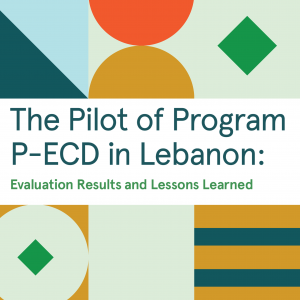
A recent evaluation of evidence-based parenting program finds that hands-on, reflective sessions with new parents can lead to reductions in corporal punishment, men’s increased involvement at home, and improvements in couple communication.
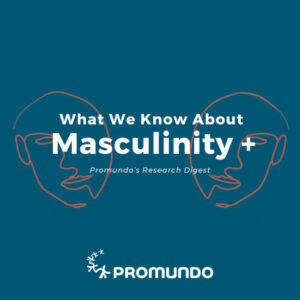
Becoming a father can be a defining step into adulthood, and fathers who take a hands-on role in caring for their children, from the earliest days, often say it’s one of the most fulfilling parts of their lives. According to research conducted in advance of the 2019 State of the World’s Fathers, some 85 percent of fathers across seven countries said they would do anything to be very involved in caring for their newborn or adopted child.
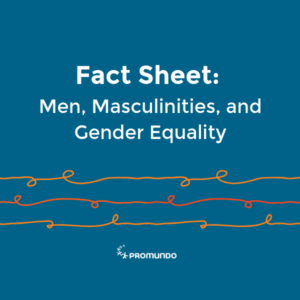
Gender inequality is one of the most pressing global barriers to social and economic progress and to the fulfillment of human rights; because of this, achieving gender
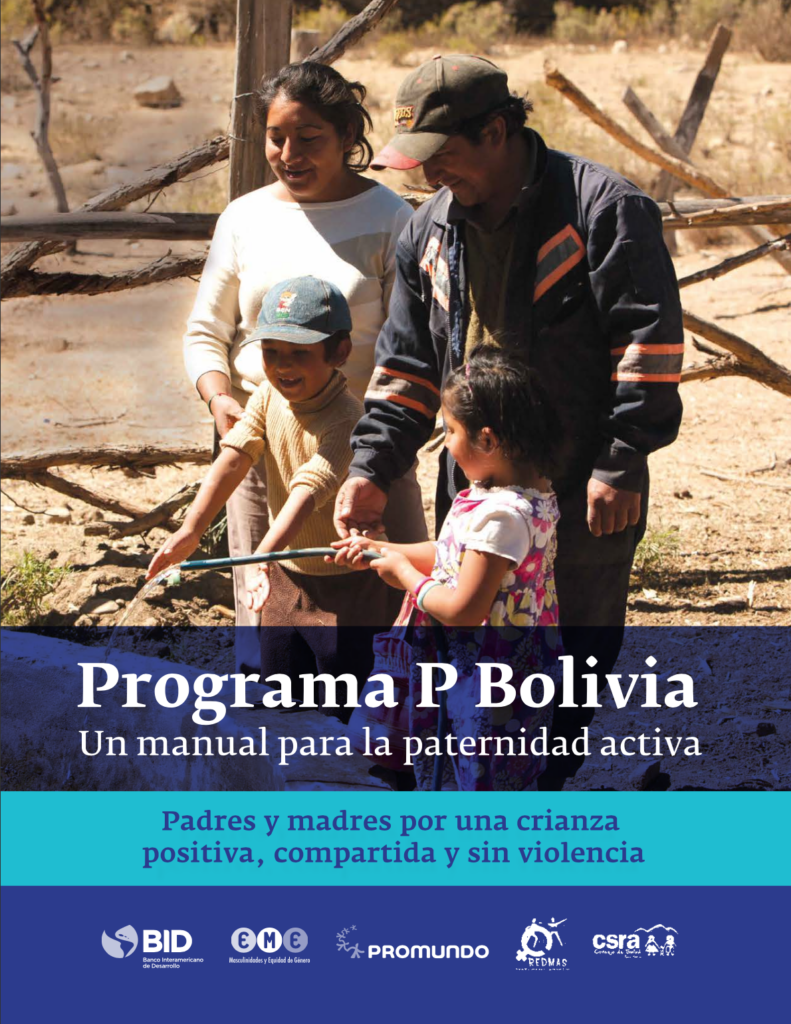
Program P (named after padre, the word for father in Spanish) is a gender-transformative, father-focused intervention that encourages male caregivers and their partners to challenge restrictive gender norms, learn new
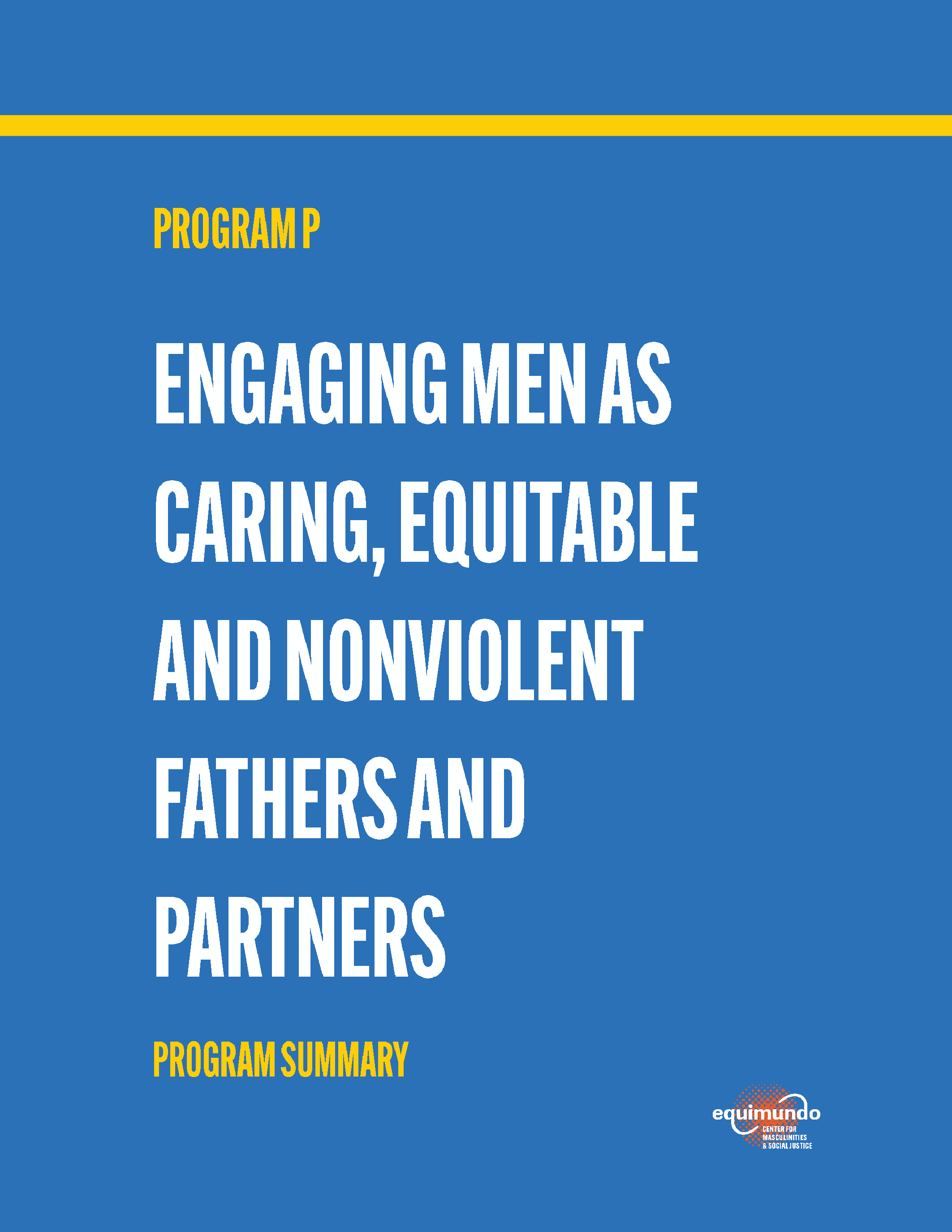
Program P is a gender-transformative intervention targeting parents (future or current parents of children aged 0-5 years). It is designed to encourage participants and community members to challenge harmful social beliefs and norms around gender power and roles. Program P was created by Equimundo along with Cultura Salud/EME and REDMAS as part of the MenCare campaign.
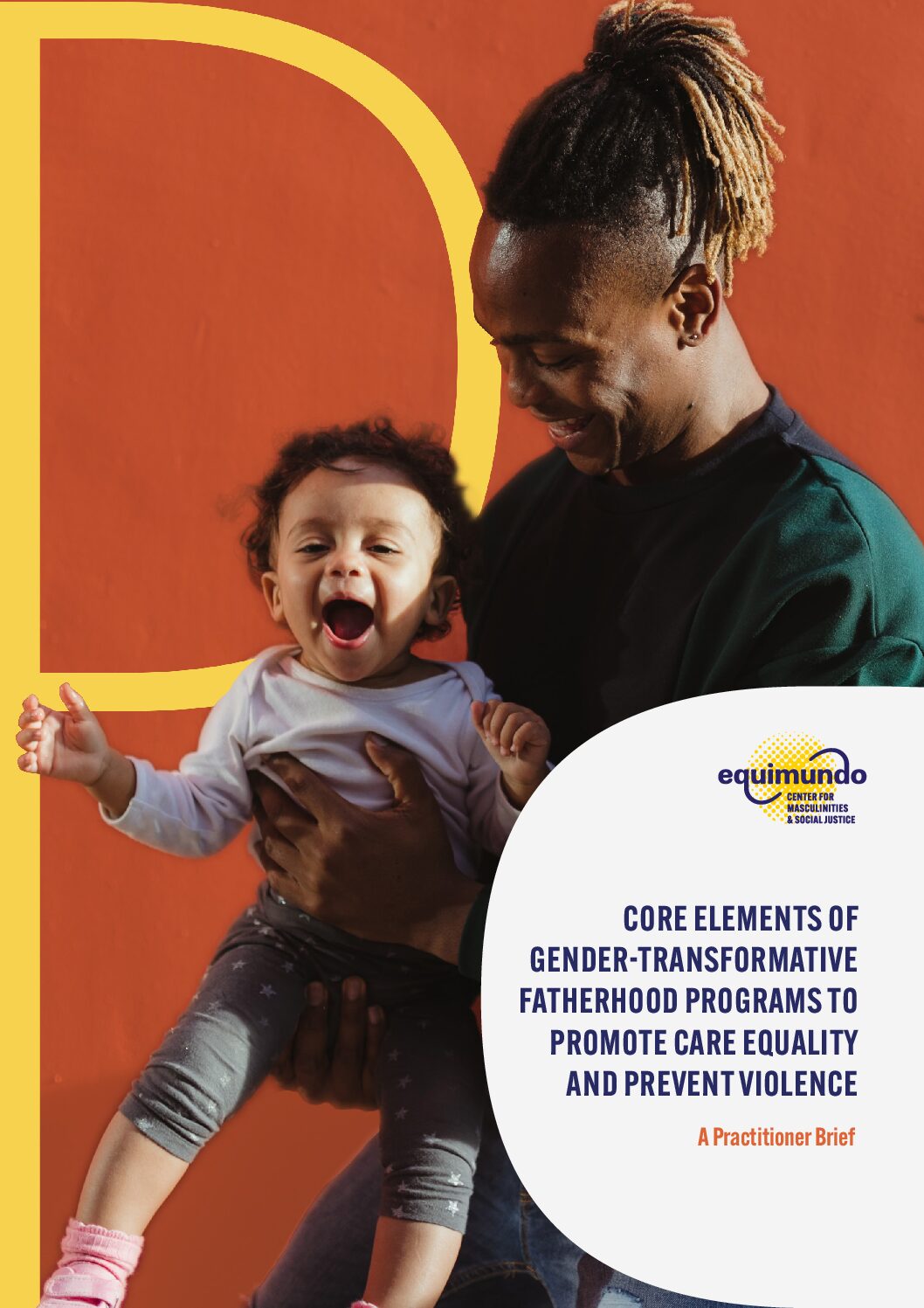
Program P (“P” for the words for father in Portuguese, pai, and Spanish, padre) was developed in 2011 specifically to promote men’s positive involvement as fathers in maternal, newborn, and child health (MNCH) and in caring for their children. Since then, it has been adapted in close to 30 countries by a wide array of partner organizations, ranging from small community-based organizations to large multilateral development organizations and governments, often in partnership with Equimundo.
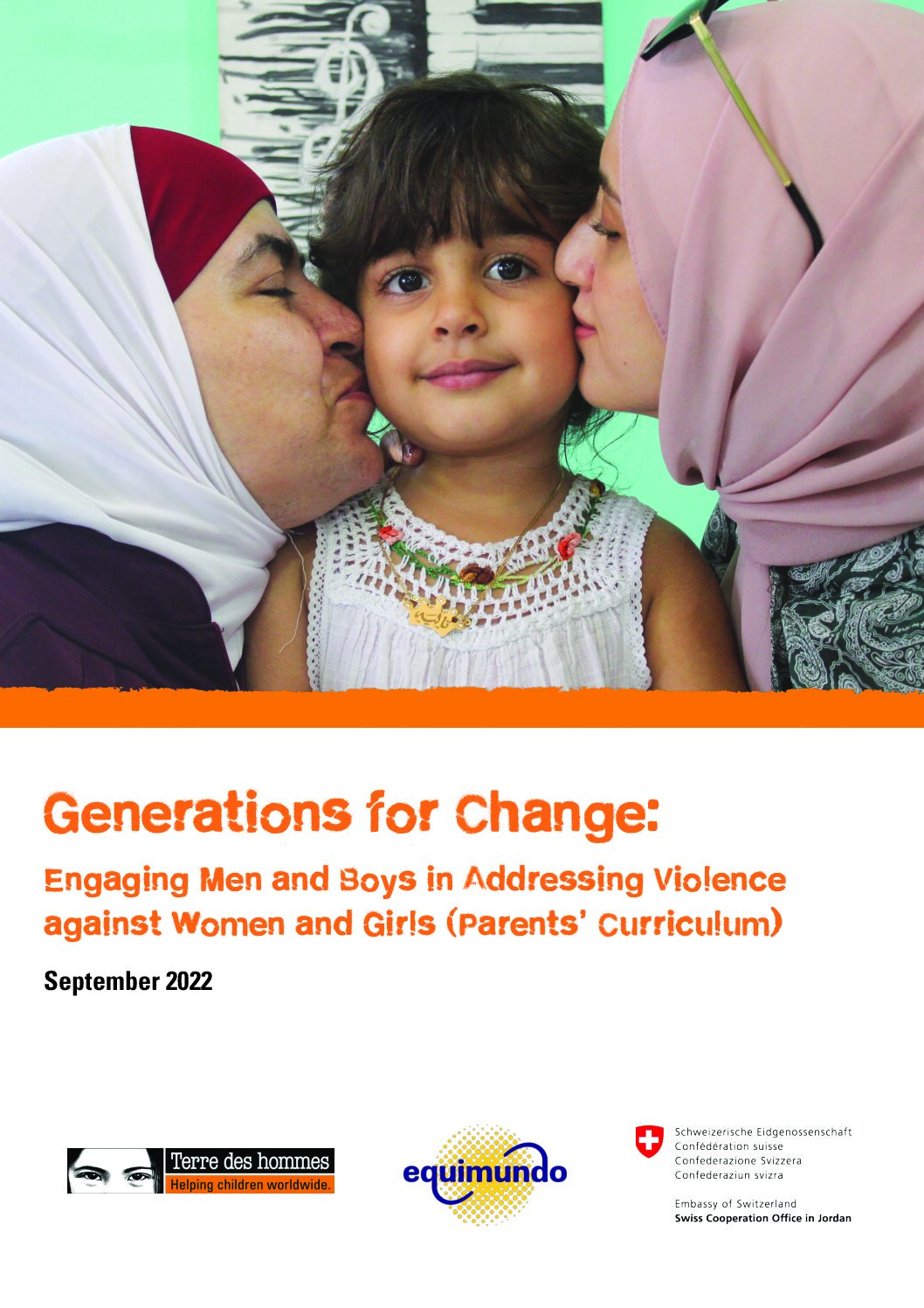
The Generations for Change curriculum engages with both parents and their young adolescents to reduce intergenerational violence and foster healthy, caring, and supportive relationships between parents and
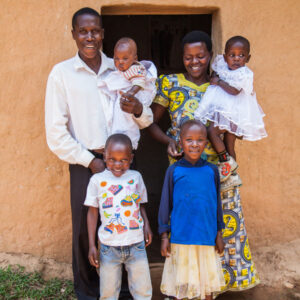
Results from a randomized controlled trial (RCT) released today in the journal PLOS ONE reveal powerful impacts of targeted, gender-transformative programming on health and violence in Rwanda.
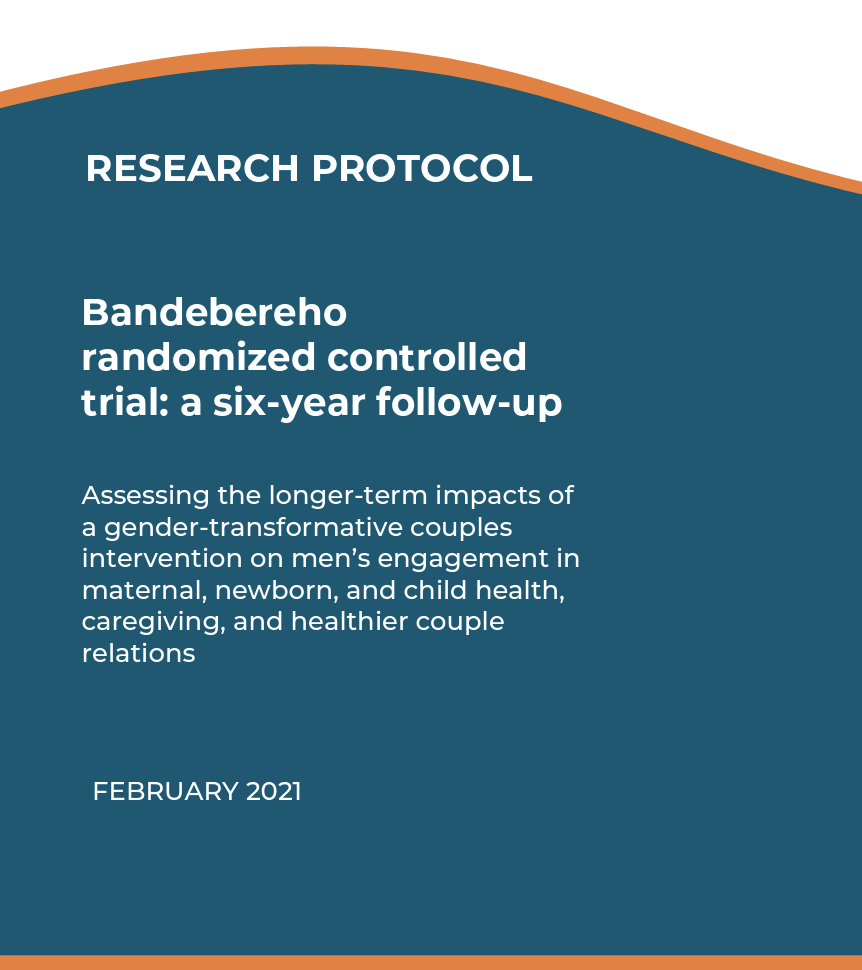
The Bandebereho (‘role model’) intervention, adapted from Equimundo’s Program P, engages men in maternal, newborn and child health, caregiving and healthier couple relations in Rwanda. To date,
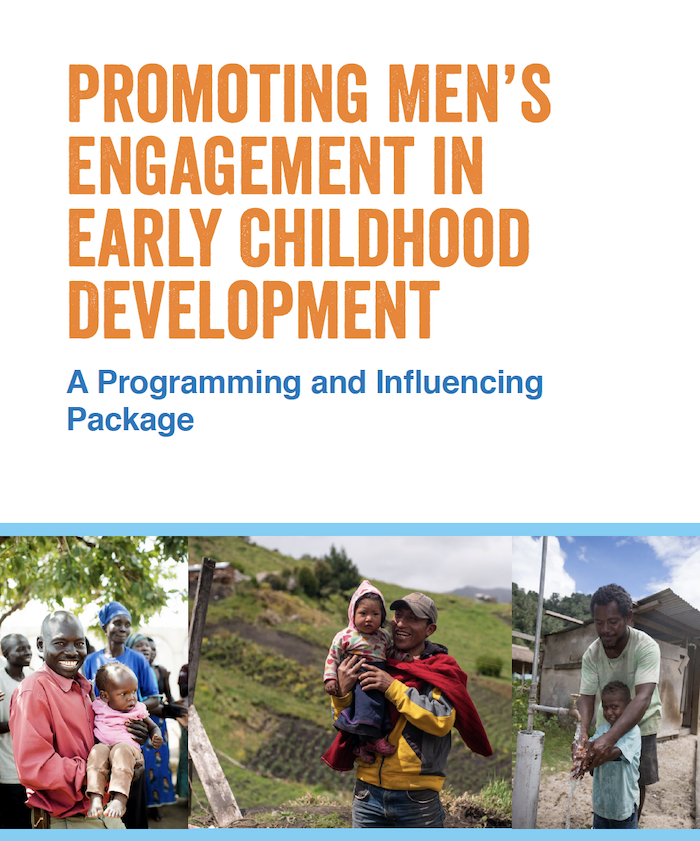
This programming and influencing package includes resources developed for programs that aim to increase male engagement in nurturing care and early childhood development (ECD), as well as
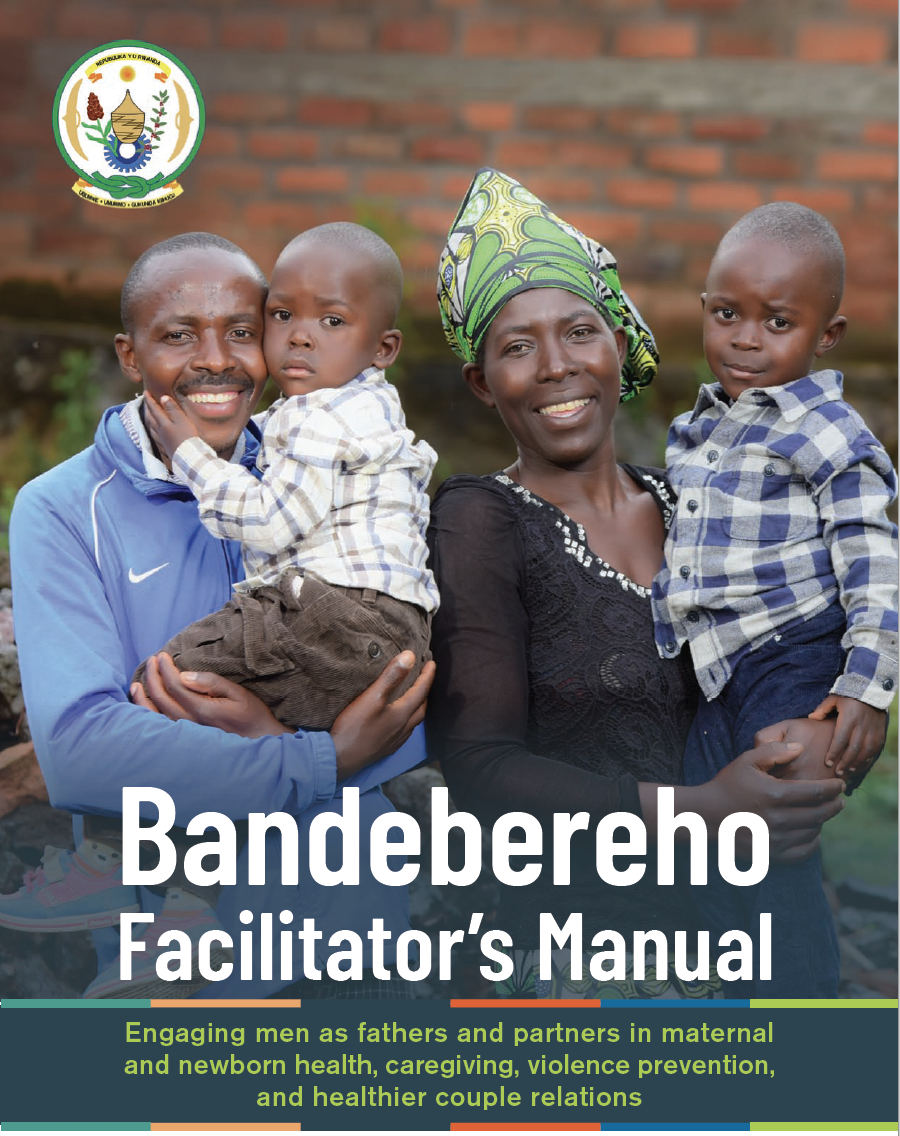
This manual was developed by RWAMREC and Equimundo to support the scale-up of the Bandebereho couples’ intervention through the health system in Rwanda. The manual is adapted
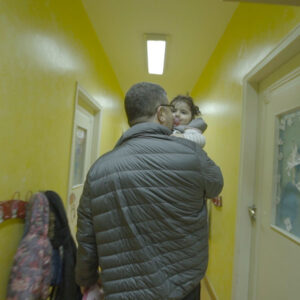
In 2017, Equimundo and Lebanese NGO ABAAD launched a project to adapt and implement Program P – a gender-transformative fatherhood methodology – with Lebanese and Syrian fathers

In December 2017, MenCare global co-coordinator Equimundo and Steering Committee member MenEngage Alliance conducted a training of facilitators on engaging Bhutanese, Burmese, and Nepalese refugee and immigrant fathers in the United States through a new program called Fatherhood 2.0.
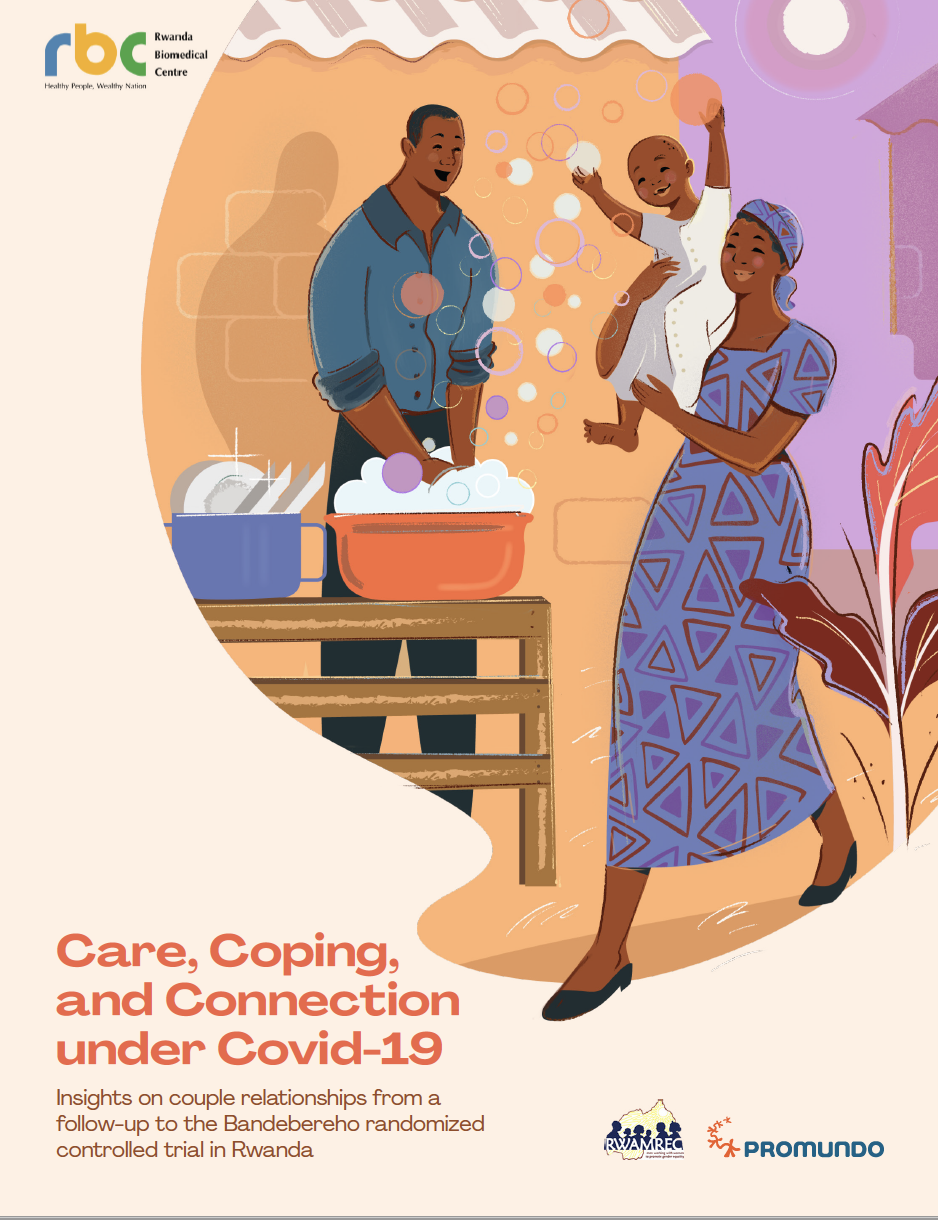
The Care, Coping and Connection under COVID-19 report presents findings from a phone survey with 500 couples in Rwanda, examining the impact of the pandemic on stress,
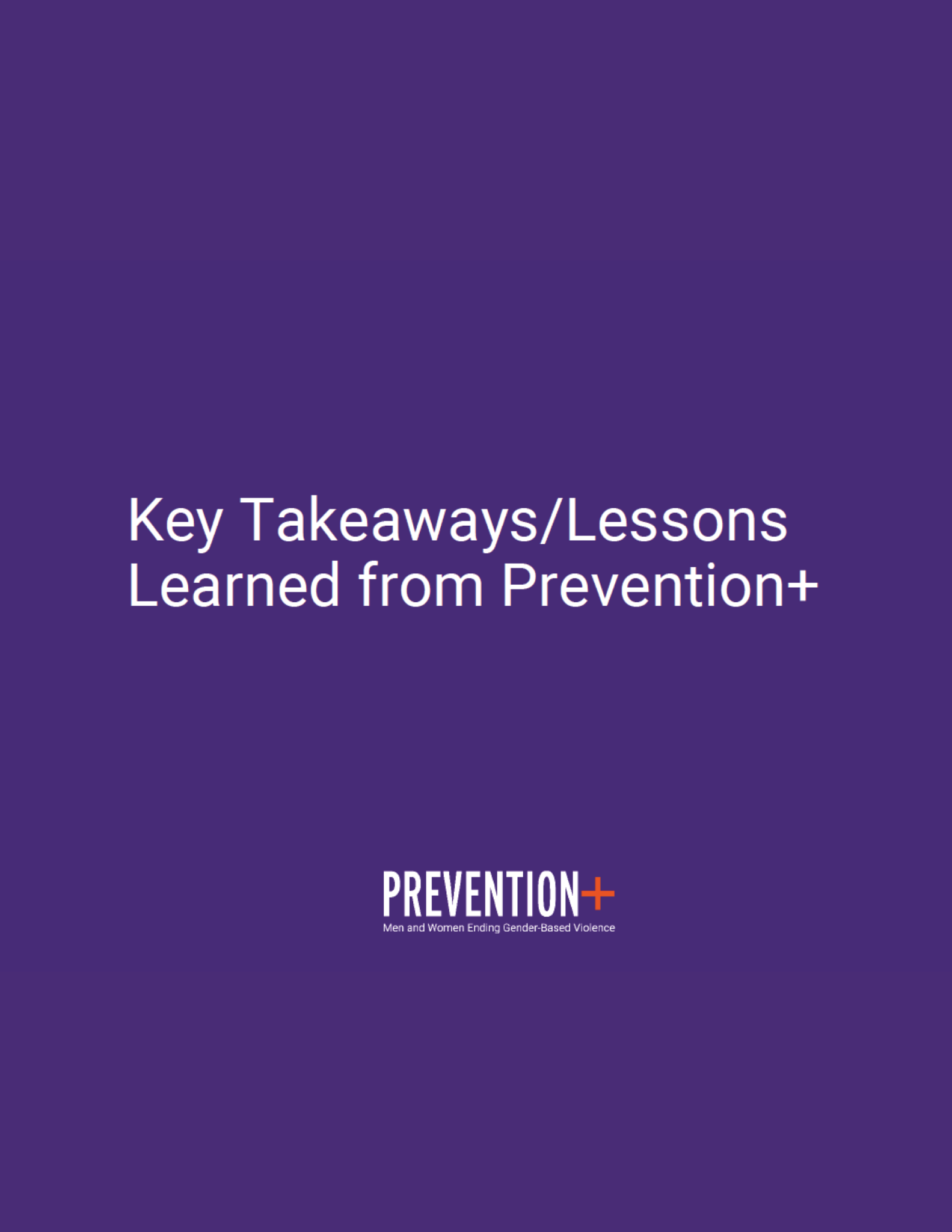
In 2016, Rutgers and partners Sonke Gender Justice, Promundo-US, and MenEngage Alliance started Prevention+: a five-year, multi-country program in Indonesia, Lebanon, Pakistan, Rwanda, and Uganda that sought